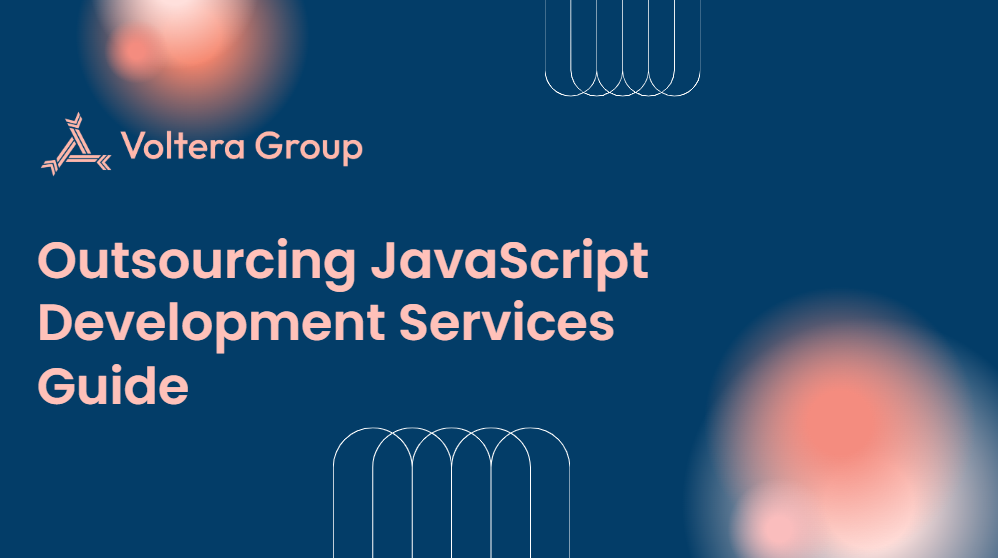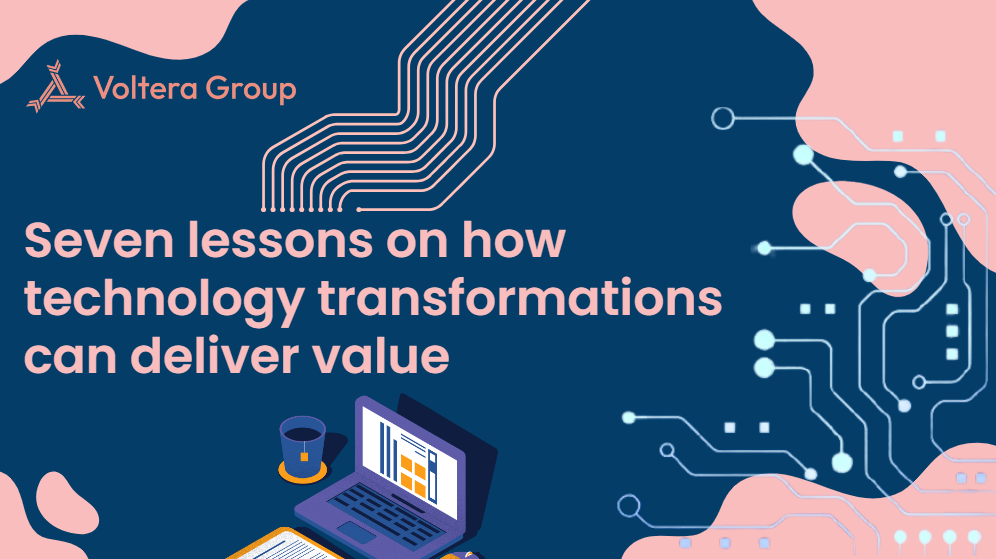AI-Driven Workflow Automation From Input to Outcome
We move beyond traditional robotic automation to offer both task automation capabilities and generative AI workflows that recommend optimizations or identify more efficient processes.
Workflow Automation Solutions
01
Intelligent AI Agents
Our AI agents function as the cognitive interface between generative AI models and users or workflows. They bridge the gap between technical capabilities and practical business applications. These agents interpret user requirements, process model outputs, and take appropriate actions within established workflows.
02
RPA with Generative AI Enhancement
Robotic Process Automation (RPA) replicates human interactions with digital interfaces. Our generative AI systems analyze historical RPA activities to identify improvement opportunities or automation possibilities. By integrating RPA tools with AI capabilities, we enhance automation potential throughout your workflows.
03
Human-AI Collaboration
This approach combines human expertise with artificial intelligence for optimal business processes. Generative AI handles routine operations such as data entry, report generation, or preliminary analysis. Human team members intervene at strategic points to review AI outputs, make critical decisions, or manage complex situations requiring judgment.
Struggling to meet critical deadlines?
Industry-Specific AI Automation Solutions
Healthcare
Medical Documentation: Analyze clinical records, practitioner notes, and diagnostic data to generate comprehensive reports
Treatment Planning: Evaluate patient history, genetic information, and current conditions to develop personalized care recommendations
Pharmaceutical Research: Predict potential effectiveness of novel compounds in development
Diagnostic Imaging: Identify anomalies in radiological images with enhanced precision
Retail
Customer Recommendations: Analyze purchase history and behavioral patterns to suggest relevant products
Inventory Management: Evaluate seasonal trends and consumer preferences to optimize stock levels
Content Generation: Create tailored product descriptions and marketing materials
Visual Search Enhancement: Enable customers to find similar products through image recognition
Financial Services
Fraud Prevention: Detect suspicious patterns and anomalies indicating potential security threats
Application Processing: Analyze customer financial history to streamline approval workflows
Investment Strategy: Evaluate market conditions and risk factors to develop personalized recommendations
Financial Reporting: Generate clear, customized financial documentation
LLM Agent A
State-Of-Art Automation (Scheme)
LLM is not only the possibility to chat and get a wide range of information, but it's also the possibility to retrieve your local data from databases, docs, and spreadsheets. With advanced LLM Agents—a core part of generative AI as a service—you can automate your routine processes, streamline client communication, or implement your start-up ideas.

Enhance your customer experience with intelligent workflow automation.
Technologies of Artificial Intelligence and Machine Learning
Generative AI Workflow Implementation Methodology
By following these steps, we can integrate AI workflow automation into your operations, unlocking improved efficiency and enhanced decision-making capabilities.
Opportunity Identification
01
Identify areas in your workflow that are repetitive, time-consuming, or error-prone for potential automation.
Data Preparation
02
Provide relevant datasets specific to your operational requirements, creating the foundation for effective AI learning.
Model Development
03
Implement sophisticated algorithms that identify patterns and relationships within your data, iteratively refined for accuracy.
Systems Integration
04
Connect AI-powered workflows with your existing tools and software, enabling seamless automated task execution.
Performance Validation
05
Test the AI solution with real-world data and optimize based on results to ensure operational effectiveness.
Deployment & Monitoring
05
Implement the solution and establish continuous performance monitoring to ensure optimal functionality.
Continuous Improvement
05
Implement learning mechanisms allowing the system to continuously improve as it processes new information.
Feedback Implementation
05
Establish structured feedback loops to refine the AI model and ensure ongoing alignment with evolving requirements.
Challenges Addressed Through AI Workflow Automation
Process Bottlenecks
Generative AI identifies and resolves workflow constraints by automating repetitive tasks and streamlining approval processes.
Knowledge Management
AI automation transforms scattered organizational knowledge into accessible, searchable systems that automatically incorporate new information.
Decision Support
Generative AI systems analyze complex datasets to provide actionable insights and recommendations for faster, more informed business decisions.
Customer Experience
AI-driven automation enables personalized customer interactions while maintaining consistency and reducing response times.
Advantages of Generative AI Workflow Automation
Enhanced Productivity
Significantly improve processing speed and workflow management efficiency.
Improved Accuracy
Increase process consistency and decision-making reliability through standardized execution.
Elevated Customer Experience
Personalize communications and recommendations based on comprehensive customer data.
Operational Savings
Reduce expenses through faster processing times and streamlined procedures.
Competitive Advantages with Our Gen AI Services
Frequently Asked Questions
What is AI workflow automation?
AI workflow automation leverages artificial intelligence to streamline repetitive business processes within your existing operational framework. Think of it as an intelligent digital assistant that analyzes information, automates routine tasks, and generates outputs designed to enhance your workflow efficiency. This technology frees your team to focus on strategic initiatives rather than manual processes.
What are the leading workflow automation tools?
Enterprise-grade workflow automation can be achieved through several established platforms. Zapier functions as a comprehensive integration hub, connecting diverse software applications for automated task execution across your entire workflow. Alternatively, monday.com offers project management capabilities with embedded AI-powered automation features that streamline repetitive tasks throughout your project lifecycle.
Which AI workflow automation solutions are most widely adopted?
The automation landscape features three primary approaches. Robotic Process Automation (RPA) solutions like UiPath handle repetitive tasks with exceptional accuracy. Human-in-the-loop systems such as Amazon SageMaker combine AI analysis with human decision-making for complex processes. AI-driven workflow platforms like Gemini add creative capabilities, both automating operations and generating innovative outputs.
What benefits does AI workflow automation provide?
AI-powered workflows dramatically improve efficiency by automating repetitive tasks, allowing your team to focus on higher-value activities. Additionally, these systems enhance accuracy by following defined protocols and minimizing human error. Finally, they improve decision-making by analyzing comprehensive data to provide evidence-based insights.
What technical infrastructure supports effective AI agent deployment?
Successful implementation requires robust data management, secure API connections, and appropriate processing resources, alongside integration points with existing systems. Cloud-based solutions typically provide the necessary infrastructure components, enabling efficient scaling without significant hardware investments.
What organizational requirements enable successful AI implementation?
Organizations need three foundational elements for successful AI workflow implementation. First, access to high-quality, relevant data is essential for effectively training AI models. Second, a qualified team of data scientists and engineers is necessary for developing and maintaining AI systems. Finally, a supportive organizational culture that embraces innovation is crucial for fostering successful implementation.



